Dear ST reader,
We hope you've been keeping well.
In our Asian Insider newsletter this week, we look at regional security as the US forms a new partnership with Australia and Britain to beef up defence capabilities and North Korea test-fires more missiles. We also examine if the deal between Malaysia's government and opposition can hold until the next polls.
Regional security
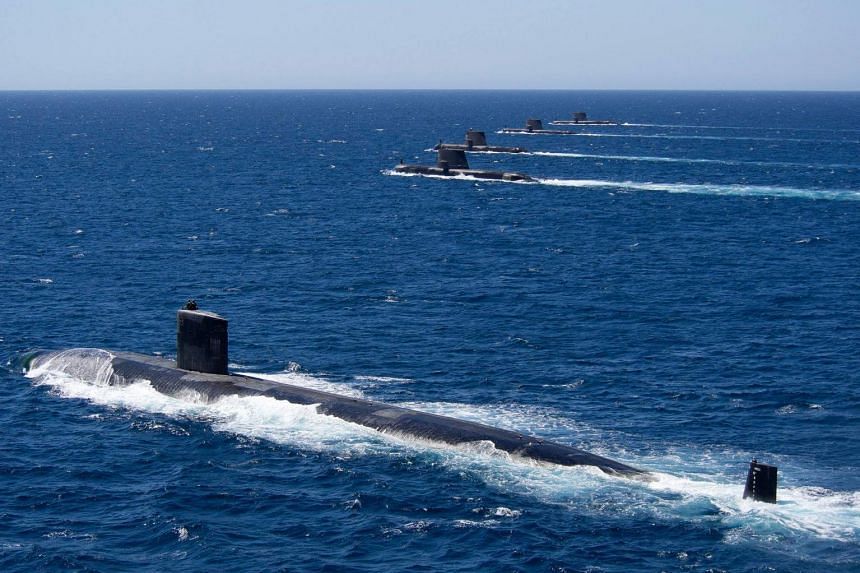
The new security partnership between Australia, Britain and the US announced on Wednesday (Sept 15) is a clear signal that their defence capabilities in Asia and the Indo-Pacific are being bolstered to counter China, writes US bureau chief Nirmal Ghosh. US officials however, insist the pact is not aimed at China, and is about securing peace and stability in the region. Australia's submarine capability will be upgraded to a nuclear-powered fleet under the partnership.
Tensions were heightened in East Asia after North Korea fired two ballistic missiles on Wednesday, following last weekend's launch of cruise missiles. The test-fires further dashed hopes of an international solution to stalled denuclearisation talks, writes Chang May Choon, our correspondent in Seoul. Kim Jong Un's latest salvo shows Pyongyang is boosting its ability to launch nuclear strikes against Japan and South Korea.
Will Malaysia's truce hold?
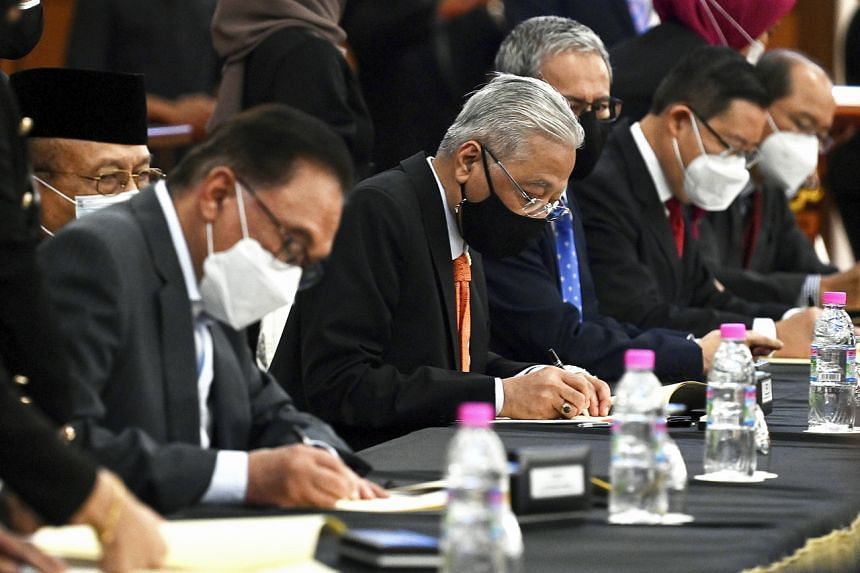
It sounds like advice from couples therapy, but analysts tell Malaysia bureau chief Shannon Teoh that the key to a long-lasting peace deal between Malaysia's government and the Pakatan Harapan opposition pact is open communication and constant engagement.
Under the terms of the deal signed on Monday (Sept 13), which is akin to a confidence and supply agreement in Westminister democracies, the government promises to enact certain key reforms demanded by PH in return for PH backing or abstaining from votes relating to confidence or supply Bills. The parties also agree that Parliament will not be dissolved before July 31, 2022, which gives Prime Minister Ismail Sabri Yaakob nearly a year of stable government to tackle the Covid-19 crisis and revive the ailing economy.
Already third wheels are poking holes in the political cooperation, with opposition MP Shafie Apdal accusing PH of propping up the very same politicians who had defected last year and caused its administration to collapse.
Listen here for regional correspondent Leslie Lopez's views on the agreement and why he thinks this will be a bumpy relationship.
Tourism: Thailand takes the plunge
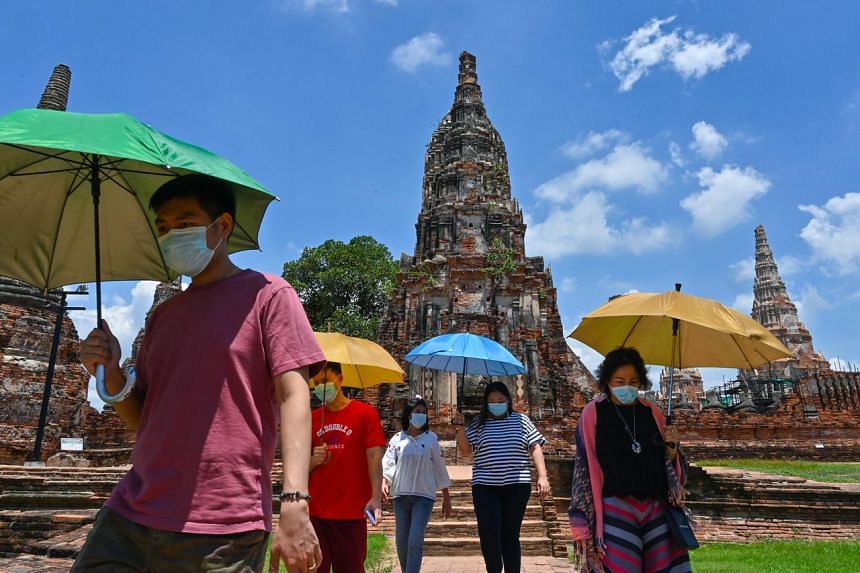
After testing waters with its Phuket Sandbox scheme, Thailand is pushing ahead to reopen more regions to vaccinated tourists in October. It's still a risky move, writes Thailand correspondent Tan Tam Mei, considering only 18 per cent of adults in the country are fully inoculated. But it's a necessary step as the country seeks to restore livelihoods battered by Covid-19 and learns to live with the virus. The short-listed destinations include Hua Hin, Chiang Mai, Bangkok and Ko Samui.
Meanwhile, neighbouring Malaysia began allowing domestic tourists to travel to northern Langkawi island from Thursday (Sept 16), after vaccinating over 75 per cent of its adult population and seeing falling death rates from the coronavirus.
20 years on

The 9/11 terror attacks in the US was a world-changing event and its impact continues to reverberate 20 years on. We examine the ensuing upheavals and conflict in the region triggered by the US's decades-long war on terror and how lives have been affected.
Read about how differently Muslims are now treated worldwide and how counter-terrorism tactics in Singapore have adapted to tackle not just organised groups, but also lone wolf extremists who self-radicalise via the internet. A former militant trainer and a survivor of the World Trade Centre attacks speak about their experience.
Watch and listen as these individuals tell us how 9-11 shaped their lives, and what it was like reporting from Afghanistan after the attacks.
Follow other stories on ST Asian Insider here. In our next issue The Straits Times' correspondent in Tokyo Walter Sim reports on the LDP party polls, which will determine who becomes Japan's next prime minister.
Climate change
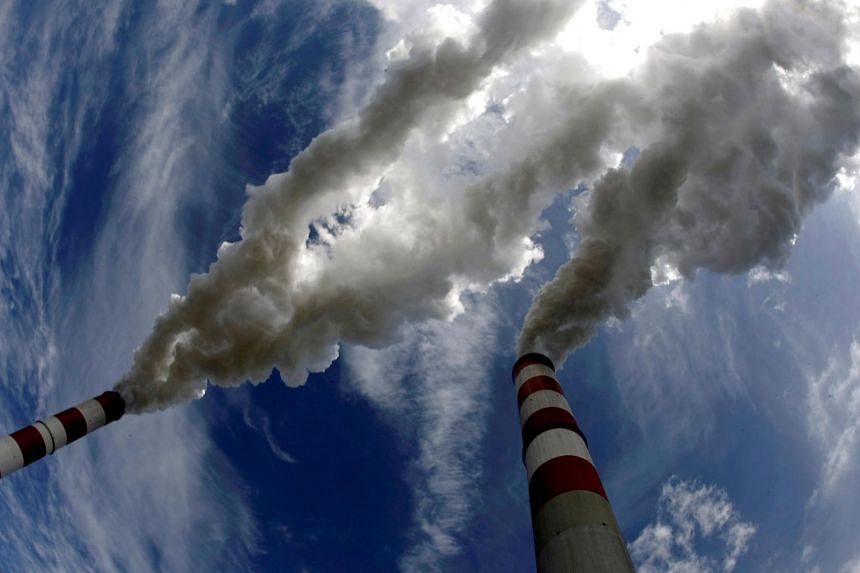
Most people in South-east Asia want to move away from using fossil fuels such as coal, and shift to using renewable energy, according to a recent survey of public attitudes, reports climate change editor David Fogarty. Most of the respondents to the survey by ISEAS - Yusof Ishak Institute also felt their governments needed to enact climate-friendly policies and increase green spending.
Elsewhere, prospects for global cooperation on climate change ahead of the Glasgow conference in November dims in the face of continued mistrust between China and the US. In recent months both countries saw flash floods overwhelm their public infrastructure in Zhengzhou and Manhattan, yet the geopolitical arch rivals remain disunited as they face their common enemy, writes US correspondent Charissa Yong in the latest instalment of Power Play.
This comes amid findings from a Pew Research Centre survey that people in developed countries are less confident the international community can lead the way to solve environmental issues, writes US bureau chief Nirmal Ghosh.
Myanmar at the UN
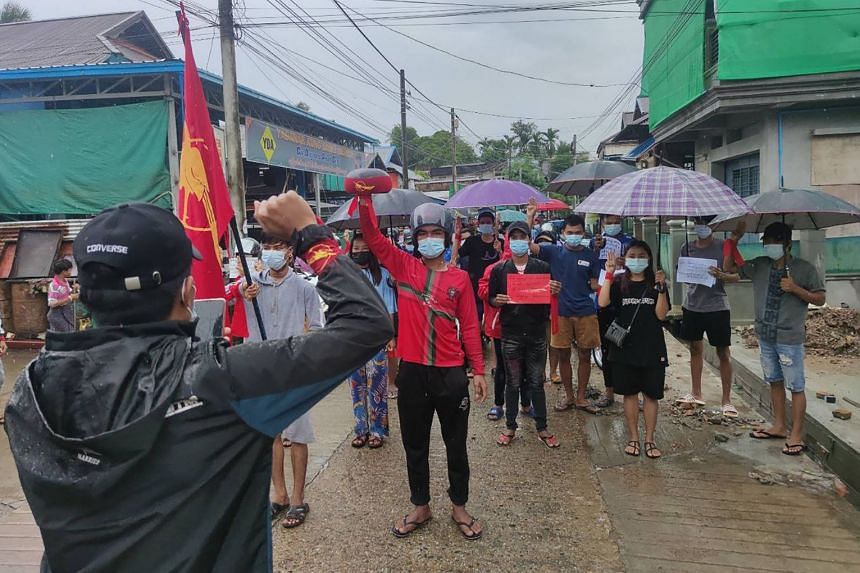
The United Nations General Assembly is set to assess who, if anyone, will represent Myanmar at the world body - the junta or the parallel National Unity Government (NUG). That decision, writes Indochina bureau chief Tan Hui Yee, could set the cue for how individual countries deal with the South-east Asian nation.
Myanmar is currently represented at the UN by the NUG-aligned Kyaw Moe Tun, whom the junta sacked and charged with high treason. In an interview with The Straits Times, he explains why the NUG called for a "people's defensive war" last week.
Green fingers, hot bods
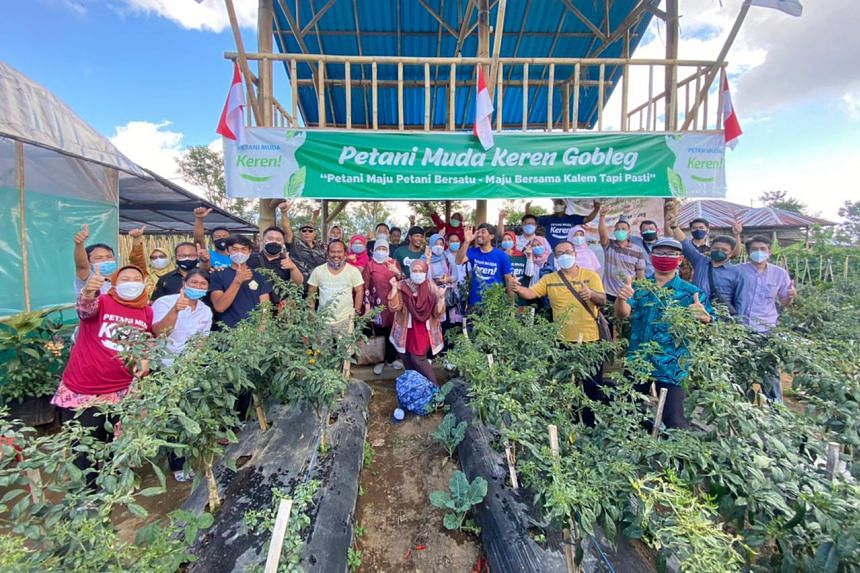
Indonesian graduates are ditching their desk jobs and heading for the hills, as farming gains favour among the young. They bring innovation, technology and fresh blood to the agriculture sector, whose over 33 million farmers are mostly aged 40 and above, writes Indonesia correspondent Linda Yulisman.
If you've got it, flaunt it. Even if it will last no longer than a photo shoot. South Korea's latest social media fad is the body profile, where people work out, diet hard and hit the photo studio to snap their sculpted figures, reports Chang May Choon from Seoul.
That's it for today. Until next week, keep safe and keep reading!
Lim Ai Leen
Deputy Foreign Editor

